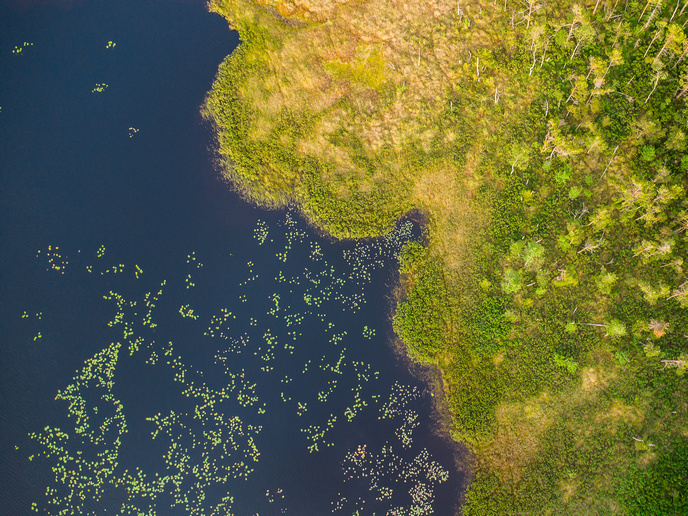Restoring Europe’s damaged wetlands
WaterLANDS(opens in new window) is using lessons learned from ongoing and existing wetland restoration at 15 locations across Europe. This will inform hands-on restoration at six sites in Bulgaria, Estonia, Ireland, Italy, the Netherlands and the United Kingdom. “Previous attempts at wetland restoration have often been too localised or fragmented to make a significant difference to the re-establishment of ecosystems and species,” explains Craig Bullock of project coordinator University College Dublin (UCD). “We aim to co-create more effective restoration that captures ecological, social, governance and financial aspects, to connect habitats and engage communities across Europe, ensuring that wetland ecosystems thrive for many generations to come.” Researchers have identified relevant indicators for ecological restoration, mapped stakeholders and devised strategies for engagement at each of the six sites. They have also identified the policy context and governance structures at these sites, and assessed their readiness for landscape-scale restoration finance. This work has resulted in public reports on indicators for restoration, drivers and thresholds of change in wetland functioning, governance frameworks and international experience in community engagement. Ecological and scalability plans have been developed for each site, with initial actions now underway at many of these. These are supported by detailed ecological and hydrological modelling and in-depth negotiations on modified land use arrangements where necessary. In 2022, a policy brief(opens in new window) was produced in response to the European Commission’s proposal for a new law to restore ecosystems given their importance for people, biodiversity and adaptation to climate change. In October 2022, WaterLANDS hosted a joint event with the Interreg North-West Europe project Care-Peat to advocate for stronger peatland targets in the Nature Restoration Law. Ecological and scalability plans have been developed by each of the six sites, with initial actions now underway at many of these. These are supported by detailed ecological and hydrological modelling and in-depth negotiations on modified land use arrangements where necessary. A webinar(opens in new window) held in March 2023 introduced investors to the many opportunities associated with peatland restoration, both for climate change mitigation and biodiversity preservation, and as a commercially viable investment opportunity.
Synergies between art and science
Following a call launched in 2022, seven artists were selected and have begun engaging with the local communities and increasing awareness of the importance of restoration at the sites. These part-time residencies terminate in 2026, and will provide a more holistic understanding of restoration for local communities, project partners, academics, policymakers and society. “Restoration brings cultural as well as ecological renewal,” states Shane Mc Guinness, the project’s deputy coordinator. “Through these residencies, we want art to be an integral part of creating and reflecting that renewal.” In addition, citizen science activities are underway in Estonia, Italy and the United Kingdom(opens in new window). WaterLANDS (Water-based solutions for carbon storage, people and wilderness) ends in November 2026. If you are interested in having your project featured as a ‘Project of the Month’ in an upcoming issue, please send us an email to editorial@cordis.europa.eu and tell us why!



